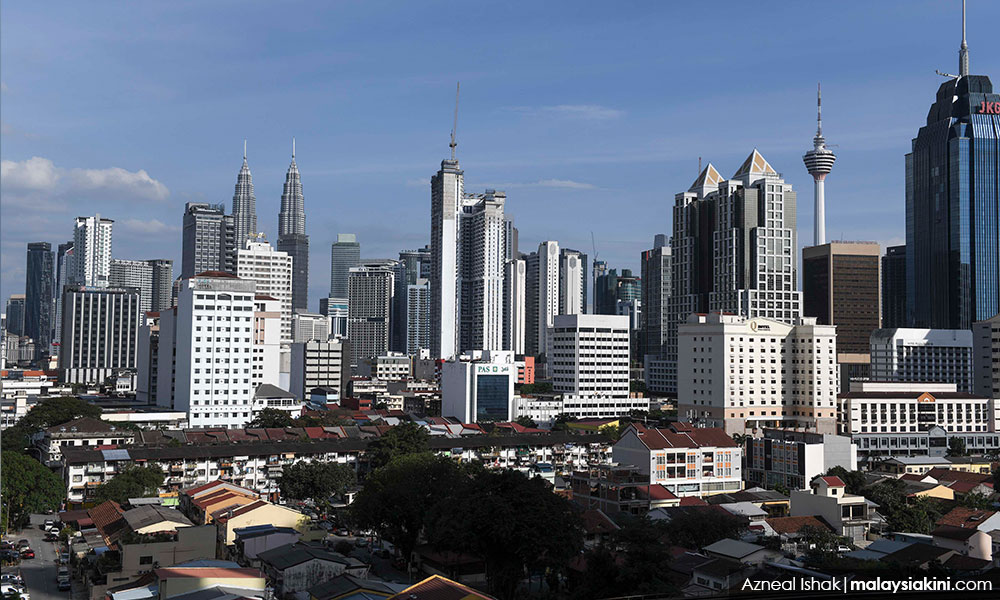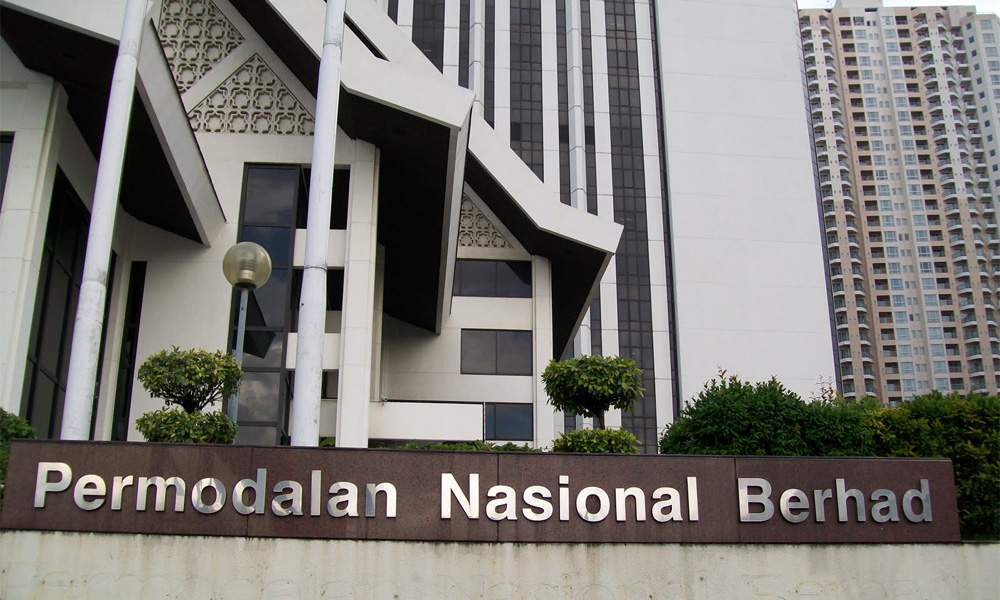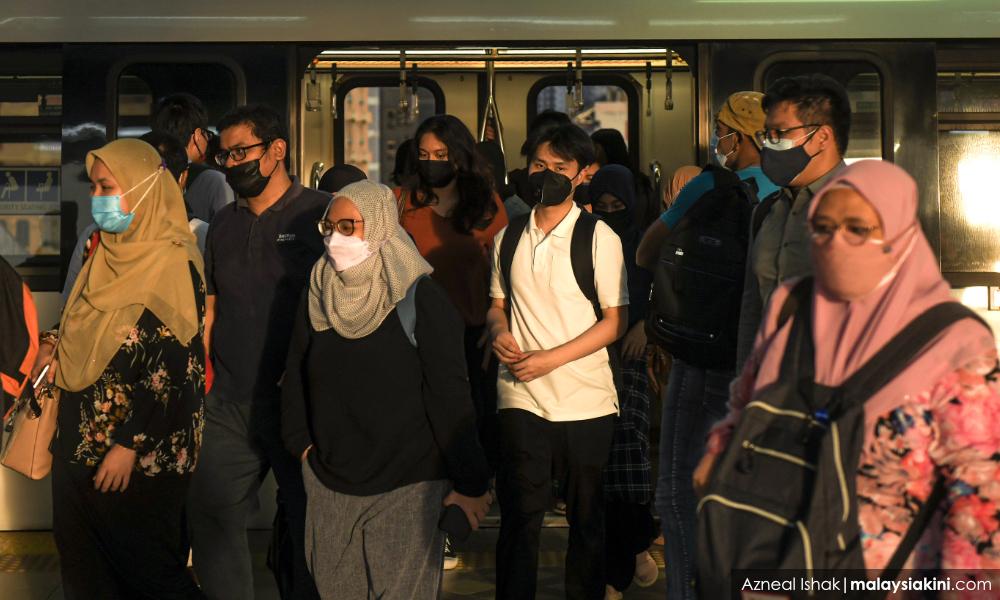It seems in the eyes of many that the major problem of our country is the New Economic Policy or NEP. Get rid of the NEP and all our woes will dissolve.
Really? Is it all that simple? Wave the magic wand and the dilemma disappears?
A policy or its transformation and evolution can’t be responsible for most of the ills of a country. The problem is in the translation of a policy into action, the implementation.
We excel at formulating great policies but we stumble badly at implementation.
Instead of formulating a new one to replace the NEP, it would be better to just refocus the emphasis on areas that need attention right now and decide on solid measures for implementation that will work.
That will save time and effort, preventing all the angst that will be inevitably generated - an issue which requires cool heads and meaningful discussion will be hijacked for political purposes the way many of our best intentions have been over the years.

Such moves will have to go hand-in-hand with others including getting rid of corruption, improving the education system, removing administrative blocks such as tariffs and permits, cutting subsidies, being inclusive in policies and implementation, and raising revenue through a value-added tax.
The NEP still remains a cornerstone. There have been some offshoots such as Vision 2020, the Government and Economic Transformation Programmes, and the Shared Prosperity Vision. But they were still NEP-based.
The NEP was introduced in 1971 in the aftermath of the 1969 riots to help reduce racial imbalances by then-prime minister Abdul Razak Hussein. The twin prongs of the policy, which has broad agreement, are:
Eradication of poverty irrespective of race
Elimination of the identification of race with economic function
It was a good blueprint for development with distribution supposedly coming out of rapid growth.
30pct bumi target
Unfortunately, the 30 percent corporate ownership target became the de facto measurement of the success of the NEP, laying the groundwork for the emergence of crony capitalism.

If the measurement is properly done and if government holdings of companies such as national oil corporation Petronas are taken into account, it is a foregone conclusion that the bumiputera equity target of 30 percent has been achieved and even exceeded.
Permodalan Nasional Bhd (PNB), which was specifically set up to help ensure bumiputera equity participation in the economy, now has over RM300 billion under its management, the largest fund in the country after the Employees Provident Fund or EPF which manages RM1.2 trillion (62 percent local investments) at last count.
This further reinforces the belief that the 30 percent administrative target for bumiputera equity ownership has long since been achieved, in a fair reckoning, probably an achievement unsurpassed worldwide to give the majority a meaningful stake in the corporate sector.
But this was not without problems. It gave rise to the worst abuse of NEP through a system of quotas and allocations which did not differentiate the economic status of those receiving the benefits - rich bumiputera benefited as much as poor ones from these. They were also convenient tools for patronage.
Racial domination by sector
The second prong of the NEP, under which the equity restructuring was put, is about the elimination of the identification of race with economic function.

It was only partly successful, a bumiputera managerial class emerged but largely within PNB and government-linked companies.
Some were competent and some were not, but there emerged a divisive dichotomy - bumiputera dominating government and government-linked companies but mainly Chinese domination in other sectors, including the managerial sector, except perhaps in multinational corporations which were less race-biased.
These are problems that need to be addressed and redressed to ensure greater fairness and equality of opportunity in both the private and government sectors, and kill the peculiar discrimination that takes place in both sectors.
There have to be moves towards equity in the government and private sectors for the nation to become truly united and start putting race behind them.
Then it is possible to aim for high economic achievement along with eliminating corruption as well as promoting and recognising competence without discrimination.
Eliminating poverty
The first prong of the NEP about the elimination of poverty irrespective of race also needs to be attended to.
We are not talking about the standard low definition of poverty under which it is non-existent in Malaysia but giving a decent living standard for every Malaysian who is willing to work for it.

That is where the NEP has failed in a major way. The majority bumiputera population and the Indians are the most disadvantaged and continue to be so despite some progress. But they are threatened with fewer opportunities by a poor public education system which favours the well-off.
The right thing to do is to help all poor, irrespective of race. The most disadvantaged communities and races will automatically be helped more by this shift, reducing the needless racial animosity when the poor of some communities get ignored.
How do we do this? Two things are necessary. A great educational system levels opportunities for all and provides a trained workforce, the necessary condition for improved productivity which helps provide higher living standards.
Bigger piece of the pie
Next, a commitment to wage reform whereby labour will get an increased share of the income from the production of goods and services. Right now, the income share to capital - the owners - is outpacing that of those who labour.
That’s got to change but an increase in productivity will help push that more strongly. Labour share of income did rise from 35 percent in 2015 to 37.4 percent in 2020 but slipped to 35.1 percent in 2021 and 32.4 percent in 2022, data from the Statistics Department indicate.
For comparison, labour’s income share in the European Union’s Big Four in 2021 namely Germany (61.4 percent), France (59.8 percent), Spain (59.1 percent) and Italy (58 percent) was much higher, an indication of the long way we have to go in terms of wage reform and giving those who labour a fairer share of the GDP.
Figures show that the quickest way to improve the lot of the poor is through accelerated wage reform and the control of cheap imported labour which depressed wages considerably in Malaysia.
Framed in these terms, the polarising effect of the NEP and the problems which will arise by asking it to be dismantled can be avoided, and the real task of improving the welfare of all Malaysians, irrespective of race, can be more easily addressed. - Mkini
P GUNASEGARAM says we have a window of opportunity to make a difference. Let’s take it now by making the right moves, not the politically expedient ones.
The views expressed here are those of the author/contributor and do not necessarily represent the views of MMKtT.




No comments:
Post a Comment
Note: Only a member of this blog may post a comment.